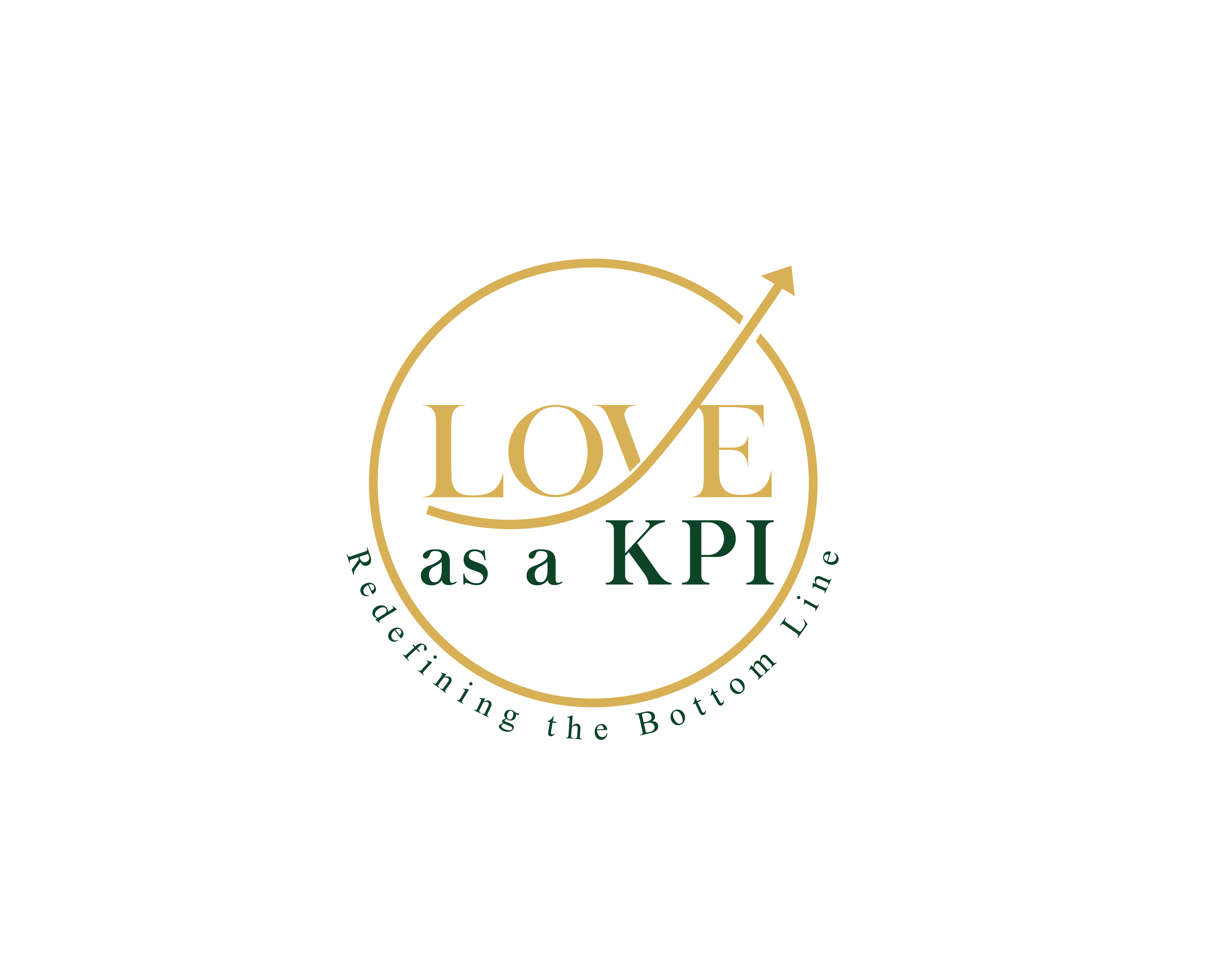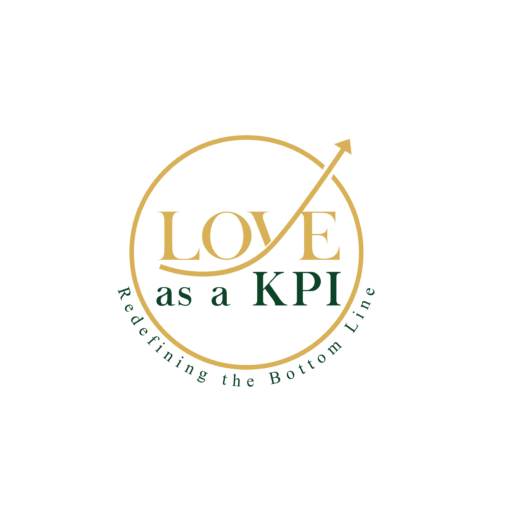
Proximity.
The elementary school I went to (BKA ‘Primary School’ where I grew up) had its students put on very elaborate theatrical productions (at least they seemedelaborate in my childhood mind). If you attended the school for its full six year duration – you would have participated in two plays: one in year 3 (typically based on a popular animated movie) and another in year 6 (based on a full-on popular musical).
During my older brother’s 6th year, their play was the Andrew Lloyd Webber classic, Evita. And so, between peeking into the rehearsals in the school hall as as I walked past it, hearing the music from the school field as I played during ‘break time’ or my brother coming home with the script and practicing, I unwittingly learned the Evita soundtrack, and consequently, the lyric…
‘For someone on top of the world, the view is not exactly clear.’
…has lived rent free in my head since I was eight years old.
That line is from a song titled, ‘High, Flying Adored’, and it emerges about two thirds of the way into the production. The song itself is the fruit of a scored conversation a ‘close observer’ (Che) has with the protagonist (Evita), reminding her that rapid rise to fame might bring a warped perspective of things – now or down the line.
I haven’t found the context in which that line was delivered as salient, but that one lyric – I have held for decades. Of course, my understanding and appreciation of this lyric has deepened since I was eight, but it literally has not left me.
With every composition (written or spoken) on Love as a KPI, we always re-anchor to the purpose of this credo, which is that if we (as leaders in organizations) are measuring KPIs that denote how successful an organization is in its daily or annual endeavors – we should also measure how lovedpeople are as a consequence of an enterprise’s culture, actions, products, services, experiences, practiced values, operations etc., because it is the deposit we leave in people that will remain even when we move on to the next project or the next phase of a strategic initiative.
And while I appreciate the many varied interpretations of Love, I do not personallymean a mushy unidentified feeling. Feelings are important, but transient. What I mean as it relates to Love as a KPI:
Do people experience being more valued, uniquely appreciated, validated, propelled into their purpose and potential, and called higher as a result of their interaction with a business.
The value proposition of Love as a KPI for business leaders is not ‘merely’ altruistic…when most people experience this definition of love, they respond with their loyalty, their advocacy, greater Share of Wallet, and more unbridled commitment to the mission of your organization.
As we dig deeper into taking this from ideology to practice: Leadershipis naturally where Love as a KPI starts (and where it ends). And before you vehemently agree and point to someone higher in an org chart as the culprit, it starts with you, reader, as a leader in your own right, within your own sphere of influence.
And so, enter this thirteen-word-lyric from Evita.
‘For someone on top of the world, the view is not exactly clear’, unfetteredly points to the importance of proximity for anyone whose life or role truly requires them to hold a ‘zoomed-out’ perspective on things – particularly (in my opinion) things that impact people.
For someone on top of… a team, an organization, a department, a non-profit, a project; for leaders of people, processes or programs… your role more likely than not necessitates you have a relatively big-picture view of things. You can not be close to every person (customer or employee or client etc). You can not keep your eyes on every detail. Nor should you have to.
But you must understand that by virtue of this reality, there are considerations that are really important.
Che’s admonition to Evita translates to leaders of and withinenterprises.
- For someone on top of the world, the view is not exactly clear
I believe this truth must be acknowledged and factored in. Specifically, know that by virtue of your leadership role:
- You do not see let alone understand the nuances of things that impact the people that your organization impacts, and…
- Because those nuances (though when aggregated, may seem inconsequential) might be of grave importance to certain people, we must factor our gaps in perspective into our decision making and…
- We must get close when we can
Every so often, an Innovation book will tell a story of corporate executives who go on a special excursion where they themselves use the product or spend time with their customers and get to a bunch of ‘ahas’.
Many a business leader will share of a pivotal moment of clarity borne of conversation with a team member in an ancillary role.
It is one of the reasons why shows like ‘Undercover Boss’, even when they seem contrived, are often so stirring. The big boss has come close. He or she sees what it’s like for the people this organization impacts (employees, customers and otherwise).
Lawyer and founder of the Equal Justice Initiative, Bryan Stevenson, whose work I greatly admire talks a lot about proximity – he emphasizes the power of getting ‘proximate’ to those who suffer to deepen understanding. What might be on a person’s record may not tell the full story of who they are. This premise around proximity yet applies in other contexts.
The definition of 'love' that Love as a KPI work anchors on is this: Love is the outcome of the perspective, posture and practice that prioritizes the true needs and betterment of another.
It is harder to see…and truly love from afar.
I’ll share three things in closing on how we can get proximate in a business sense – there are close to infinite more: please feel free to share others in the comments for the benefit of the collective:
Get close to your customers: Conduct research, read customer letters, listen to calls, where you can – physically spend time (even if you have a team that does), do so.
Get close to your colleagues:The larger your group is, the more weighty your presence is. Drop in. Send thank you cards. Randomly call someone in your organization. Listen.
Be known to people: As I am wont to do, I will take it a little deeper. Are you known by the people whose lives you influence? Proximity is also about being known. Your authentic, true, human self – how much do people have a sense of who you really are?
For someone on top of the world, the view is truly not exactly clear. Proximity – which includes letting ourselves be known – is how we get our lenses re-adjusted.
The leaders we often fondly remember are the ones who we believe (whether actual or perceived) came close stood beside us – explicitly or implicitly.
Love as a KPI requires leaders who are open to becoming Love, to execute it.
- As I explore this work, I have had so many interesting conversations so far, and I am keen to speak with leaders for whom this resonates on some level. If it does and you’d be open to a ~15 minute chat




